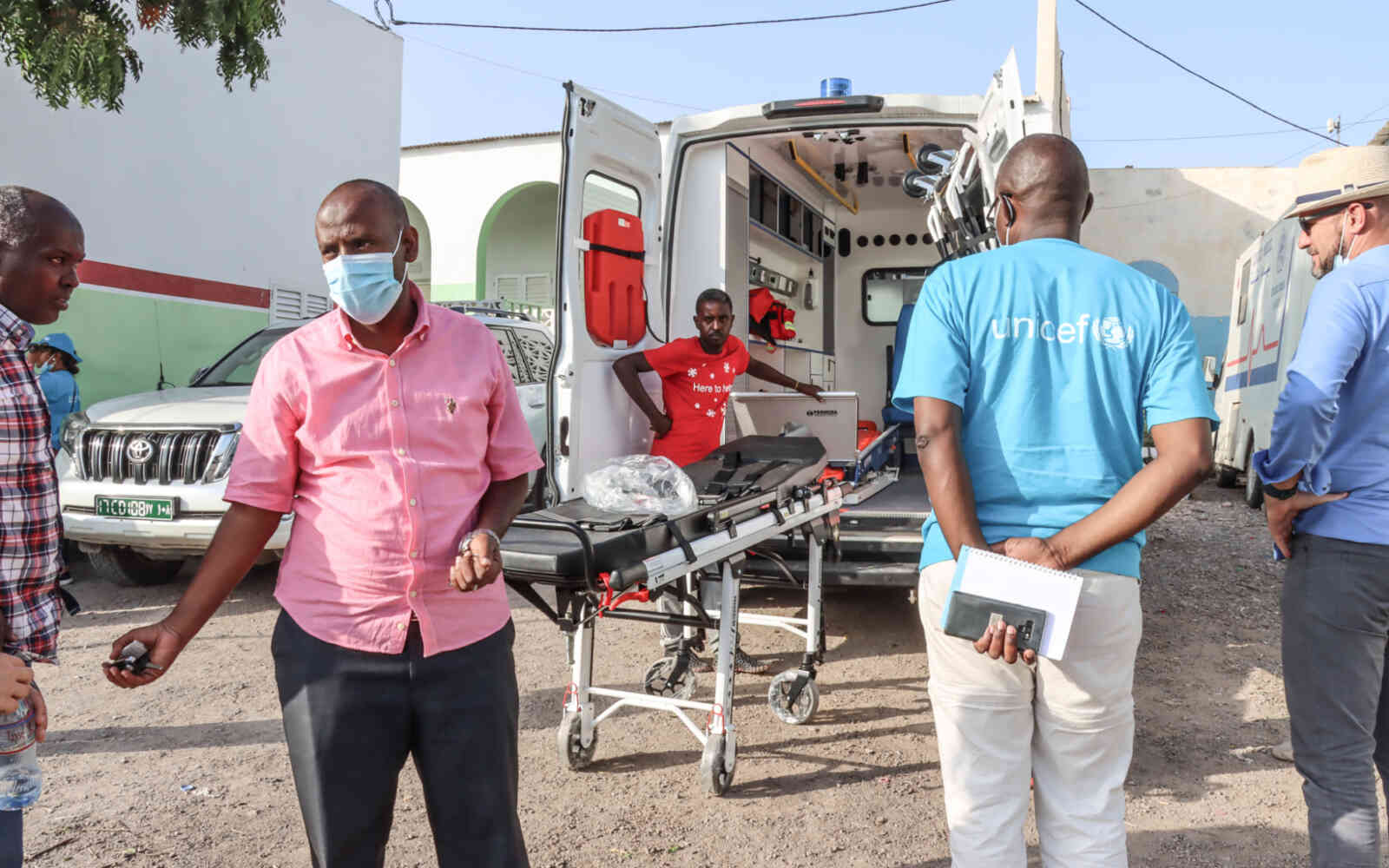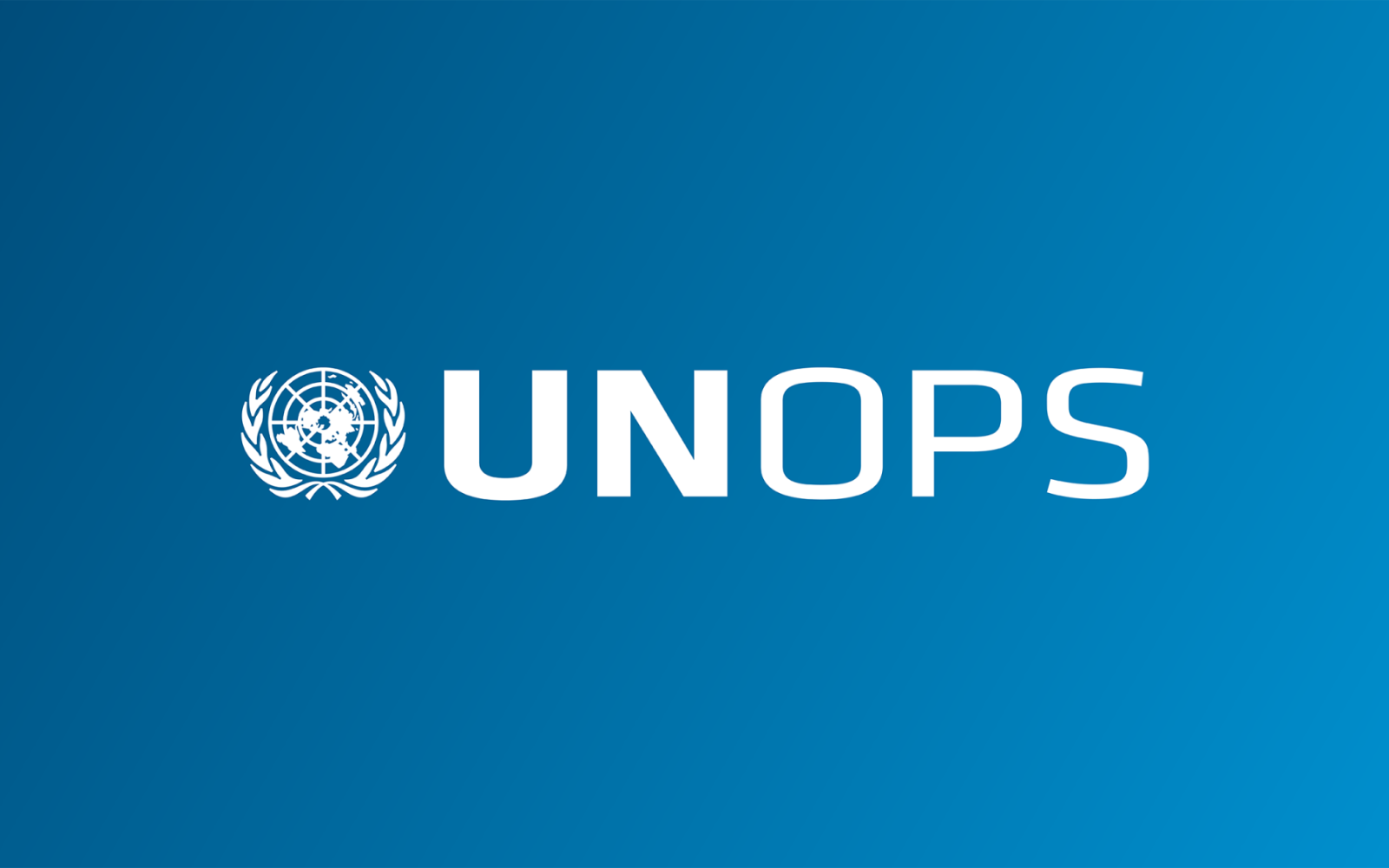The United Nations Office for Project Services (UNOPS)
Improving access to blood and transfusion services in Somalia
UNOPS is working with UNFPA and the World Health Organization to build Somalia's first national blood bank.
- This article was originally published 8 August 2022.
Project updates:
9 August 2023
Somalia’s first fully functioning national blood bank was inaugurated by Prime Minister Hamza Abdi Barre, who stated that the blood bank is a major milestone in their efforts to provide safe and reliable blood products to those in need.
The Somali National Blood Bank can store up to 10,000 units of donated blood and is equipped with state-of-the-art technology allowing the facility to screen, prepare and securely store blood and blood products.
The facility will provide a dependable supply of blood products, particularly during emergencies arising from trauma, postpartum complications, conflict-related injuries and other health-related conditions.
Read more about the inauguration of the Somali National Blood Bank here.
Access to safe blood supply and transfusion services in Somalia is a challenge, hindered by blood shortages and a lack of storage capacity.
To address this, UNOPS is supporting the government of Somalia with the construction of the country’s first fully functioning national blood bank. Using more than $3 million in funding from UNFPA and following technical guidance from the World Health Organization, UNOPS is planning, designing, constructing the national blood bank as well as procuring its equipment.
Located in Mogadishu, Somalia's capital, the blood bank will be a major step toward sourcing and maintaining a safe and adequate supply of blood for use across the country.
This project is supporting the government of Somalia with improving access to safe supplies of blood for people in need of transfusions, helping to save lives.
Green technologies and sustainable principles are being incorporated into the building. For example, solar panels will provide a renewable source of energy for the facility. In addition, UNOPS is working with a local construction company to carry out the works, helping to generate local employment opportunities.
The design of the blood bank takes gender and cultural considerations into account. It will include separate blood donation sections for men and women, donor lounges, changing rooms and toilets.











